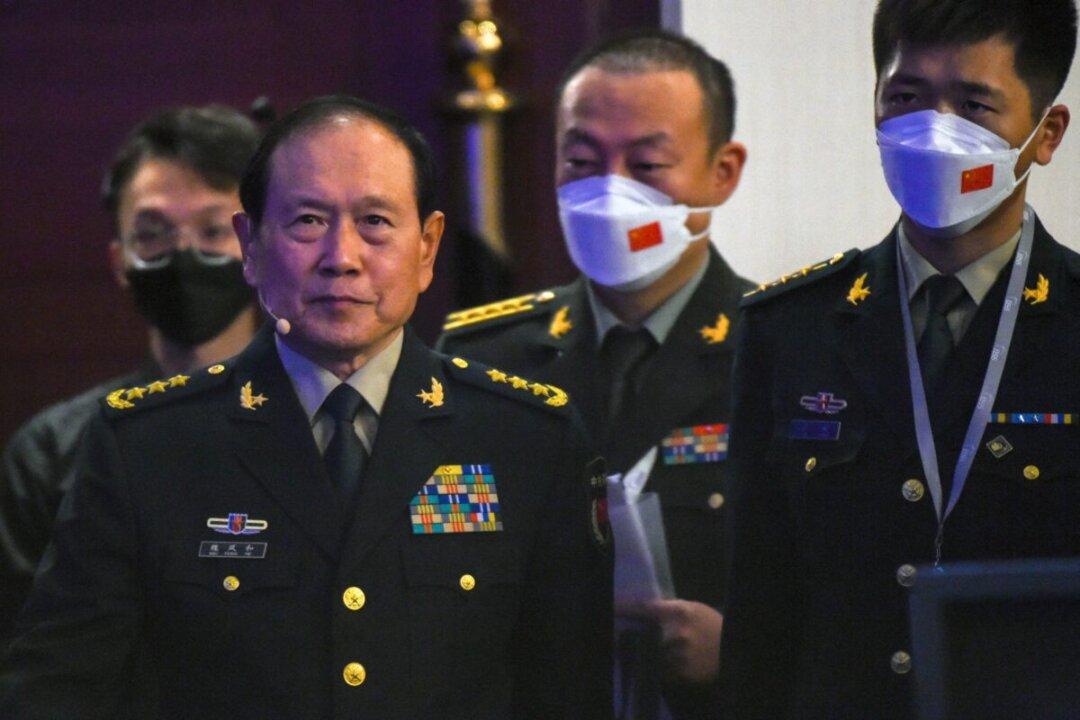New Analysis
Many defense chiefs at the annual Asia Security Summit put the spotlight on China’s repeated signaling that it will unify Taiwan by force.

Many defense chiefs at the annual Asia Security Summit put the spotlight on China’s repeated signaling that it will unify Taiwan by force.